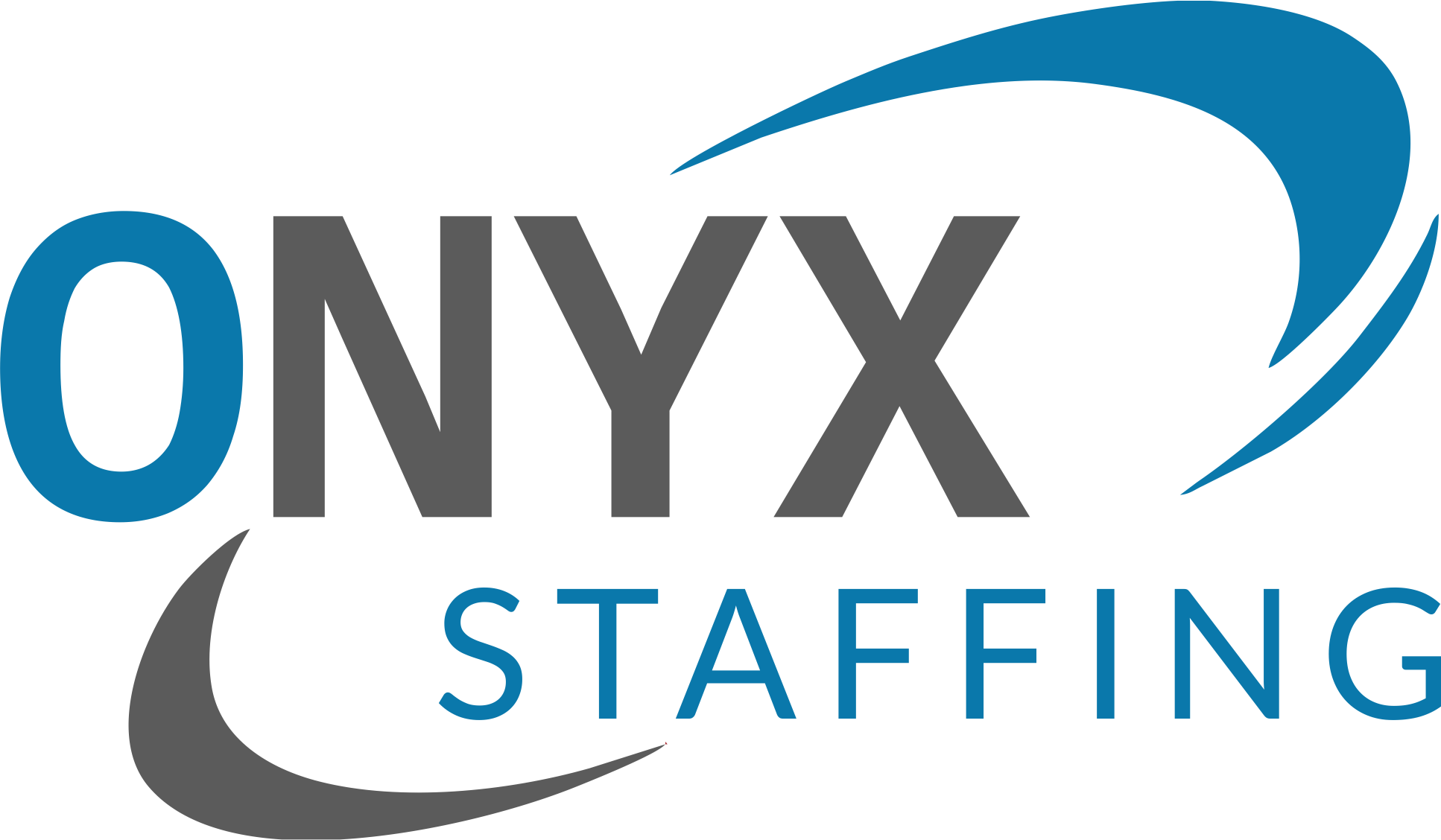
Work-from-home is now the covid-19 norm and while we expect some correction post-lockdown, work-from-home is going to become an integral part of the service delivery model going forward. Just last month Facebook announced that they plan for half their workforce to be working from home in the next 5 to 10 years, irrespective of covid-19. Others will follow suit and this could potentially turn the talent market on it’s head.
Candidates will see a surge in the supply of work-from-home careers and employers will have access to a massive, nationwide, work-from-home talent pool. One might go as far to think that there will be so much accessibility to candidates that roles will just fill themselves. Not so fast!
As more companies go to remote working situations the less unique this benefit becomes in the recruiting war. If your company is looking for a Software Developer or Sales person that can be based anywhere in the U.S., and Amazon, Facebook or Google have the same role and are offering a remote work situation, then there will need to be something else other than working from home to attract the candidate. In addition, what will also become more prevalent now that the candidate pool has expanded is that Hiring Managers may place an emphasis on candidates having both domain and technical knowledge in the role. The combination of these skill sets will narrow the candidate pool significantly. Many Outside Sales roles that have responsibility for a whole territory have had the ability to work remotely for a while now and the recruitment of top Sales candidates is still a difficult task. However, what is clearly evident is that companies who do not follow suit will be at a significant disadvantage and will lose out on top talent.
Moving to a new geographically dispersed work-from-home model is also really going to challenge the talent management process in general. Employers will have to get good at attracting, assessing, on-boarding and retaining talent with limited face-to-face contact and without the pulling power of their million dollar campuses and carefully curated in-house work cultures. They will also need to understand different expectations around compensation, benefits and work culture based on geography, and be able to develop an attractive digital and home-working culture.
What particularly stands out is the ability to extend market competitive offers in all 50 States! Using the example above, what do you do when you need to structure an offer for a Java Developer in a remote area of North Dakota? How do you quickly obtain data to make a competitive offer when you don’t have an office in North Dakota and there are no competitors in the area who employ this talent? What happens if you hire this Java Developer in New York City for $150,000 and they decide to move to some remote area of Montana 6 months later? One would assume that most areas of Montana are at a lower cost of living than NYC, so do you adjust the employee’s salary to reflect that?
Needless to say, companies who can quickly and effectively adapt their entire employee value proposition to suit this new remote world, will be most effective at attracting and retaining talent.
About the Author: Jeff Sudati
Jeff is the Managing Director of KORE1’s Boston office, a full-service Agency offering Temp/Contract, Direct Hire & RPO services nationwide. With nearly 25 years of Inhouse and Agency recruiting experience across a number of different disciplines (Tech, HR, Sales & Marketing, Investment Ops, Risk, Compliance, Accounting & Finance) Jeff and his team have been successful in partnering with clients to build high performing teams. Jeff graduated with a degree in Psychology from Rutgers University and grew up in the Boston area.





No comment yet, add your voice below!